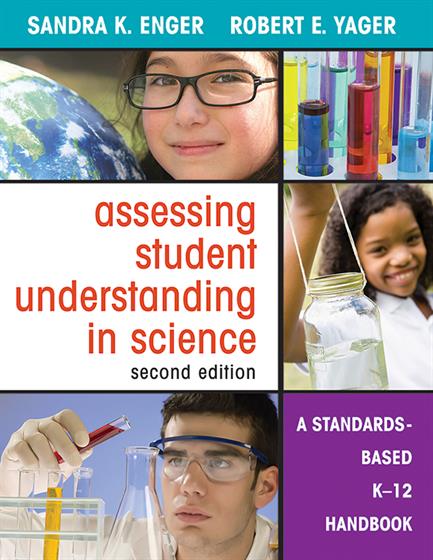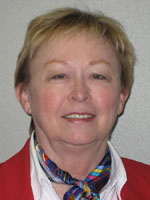
Hands-on, Practical Guidance for Educators
From math,
literacy, equity, multilingual learners, and SEL, to assessment, school counseling,
and education leadership, our books are research-based and authored by experts
on topics most relevant to what educators are facing today.
Assessing Student Understanding in Science
A Standards-Based K-12 Handbook
Second Edition
Create and customize assessments to determine student understanding in six domains of science!
This second edition offers best practices and an extensive collection of examples to measure what students know and can do in elementary, middle, and high school science. Aligned with national science standards, the book shows how to:
- Measure student progress in six critical domains of science—concepts, processes, applications, attitude, creativity, and the nature of science
- Evaluate your teaching practice through action research, video recordings, and journaling
- Use formative assessments to inform teaching
- Assess students using portfolios, self-evaluations, and rubrics
- Use science notebooks as assessment tools
Product Details
- Grade Level: PreK-12, Elementary, Secondary
- ISBN: 9781412969932
- Published By: Corwin
- Year: 2009
- Page Count: 216
- Publication date: November 09, 2012
Price: $42.95
For Instructors
When you select 'request review copy', you will be redirected to Sage Publishing (our parent site) to process your request.



